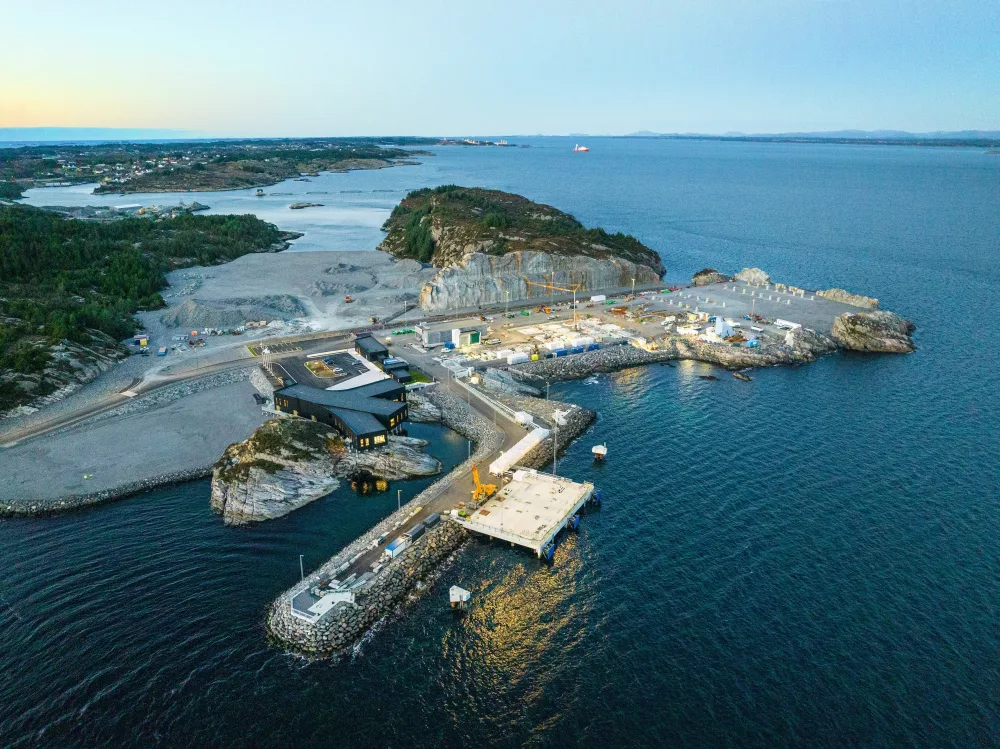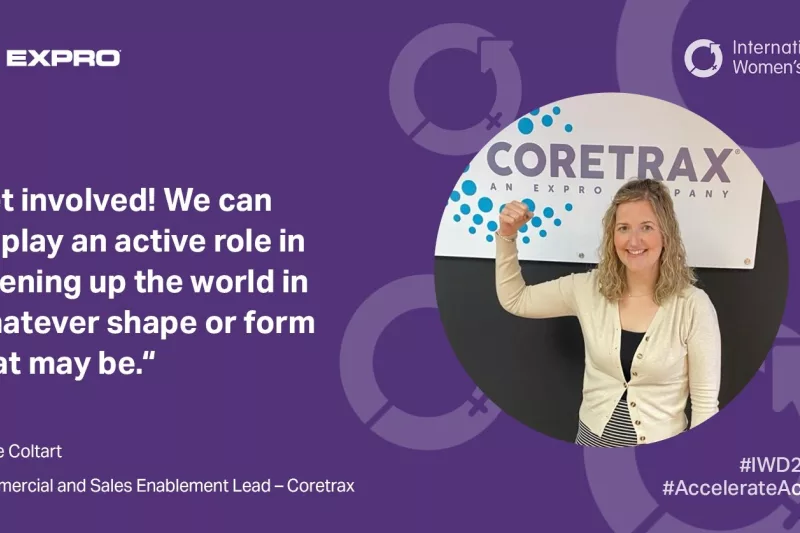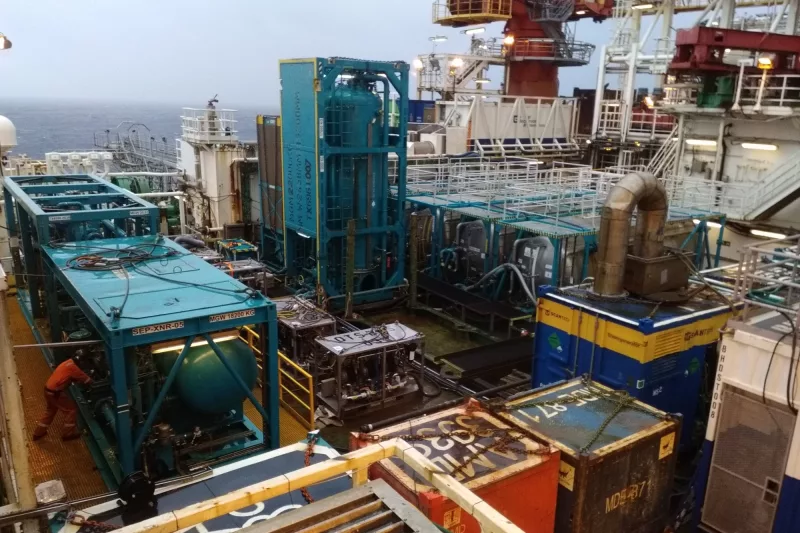
Photo: Jonny Engeksvoll / ©Equinor
by James Yard, CCUS Development Manager, Expro Sustainable Energy Solutions and Ingrid Huldal, Director Portfolio Advancement at Expro
Detailed appraisal well testing can provide significant benefits for the de-risking and development of carbon capture, utilisation and storage (CCUS ) projects.
In a previous article discussed how appraising CO2 storage reservoirs is critical in accurately characterising pore space and a site’s effectiveness for storage. This article focuses on the importance of data acquisition within the appraisal process. Accurately appraising CO2 storage sites, particularly saline aquifers that are geologically under-characterised, will depend on the volume and quality of data that can be obtained from the well test process.
James Yard, CCUS development manager at Expro, said: “Currently, there is no standard approach to appraising saline aquifers and evaluating them as CO2 stores. However, more data leads to a greater understanding of the subsurface, resulting in improved models and reduced uncertainties.”
CO2 wells present a range of challenges not typically seen in the oil and gas sector. These can include sub-zero temperature and rapid cooling during the injection stage, phase changes, hydrate formation and salt precipitation.
“It’s critical for operators to understand the conditions in their wells and reservoirs,” added James. “Comprehensive data acquisition programmes are key to achieving these objectives.
These are even more important when drilling into unknown pore space, such as new saline aquifers.
“Every effort must be taken to maximise data collection and evaluate prospective resources fully and effectively. Following on from the reaffirmation of commitments to net-zero targets at the recent COP28 gathering, the industry must accelerate CCUS development. This means that potential storage sites must be properly appraised at the first attempt in order to expedite field development, and data should be collected at every subsequent intervention opportunity.”
Expro, which celebrated 50 years in the North Sea last year, is advancing its industry-leading well testing expertise and capabilities into CCUS projects. It delivered an integrated well-testing solution for the flagship Northern Lights project in the Norwegian North Sea, where the data from the test provided critical contributions to the field development plan and final investment decision.
Ingrid Huldal, director of sustainable energy solutions at Expro, told how the company’s strengths in data acquisition support its CCUS growth ambitions.
“Throughout our history, we have a track record of investing in, introducing and advancing technologies that give us greater insight into well conditions,” she said.
“At each stage in our development, we’ve grown our data interpretation capabilities and expertise. Our experience in well testing and data acquisition, which has evolved from 50 years of supporting operations both in the North Sea and globally, is readily applicable to supporting the emerging CCUS market. This opens new opportunities for us and supports the growth of this environmentally important sector.
“There are several challenges that must be mitigated when operating in CO2 environments, including the corrosive effects on equipment exposed to CO2 in water. A significant amount of our research and development activity has been focused on understanding and overcoming those challenges so we can extend our existing leading position in oil and gas into the CCUS arena.”
©2026 Expro. All rights reserved.
EXPRO HOLDINGS UK 2 LIMITED
Registered in England and Wales
Company number: 06491951
Registered office address: Second Floor Davidson House, Forbury Square, Reading, Berkshire, United Kingdom, RG1 3EU










